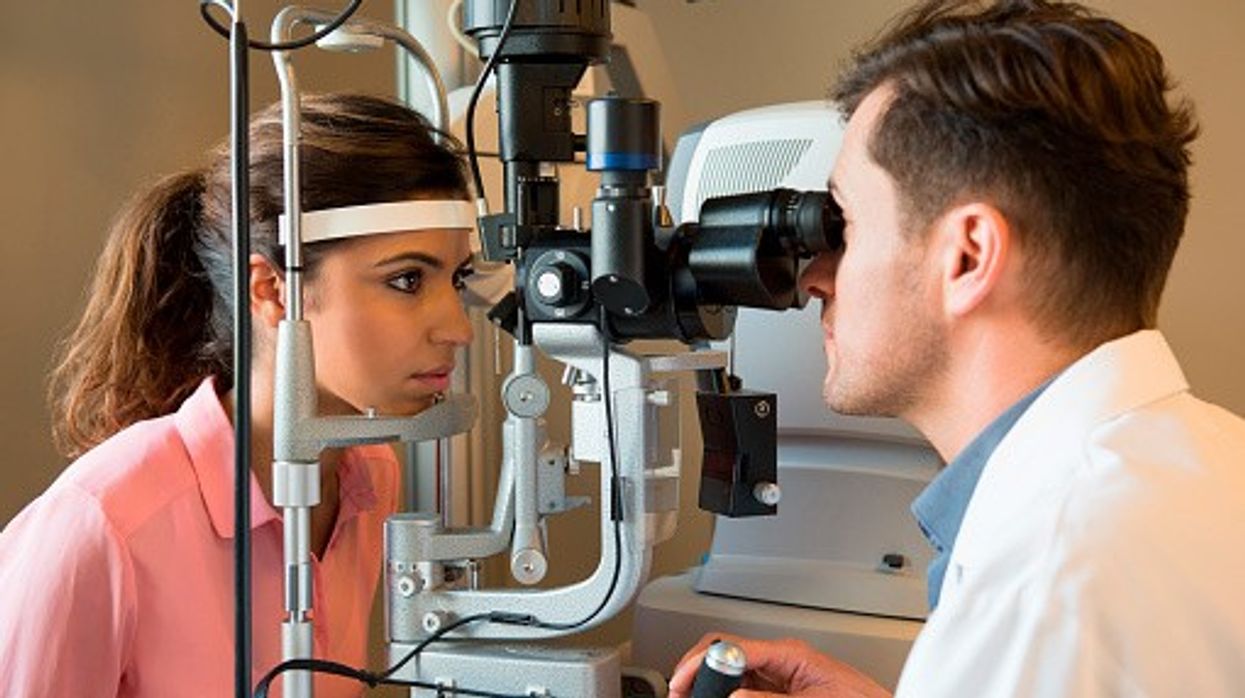A routine eye test can help predict a person's risk of having a heart attack or stroke in the future, a study by the University of Dundee has suggested.
The researchers used artificial intelligence (AI) to analyse digital retinal photographs, taken during eye scans, and generated personalised risk predictions.
Dr Ify Mordi, British Heart Foundation (BHF) research fellow at the university said, "If there is damage or narrowing of the blood vessels at the back of the eye, there is a good chance that will also be seen in the blood vessels further inside the body, supplying the heart, which could lead to a heart attack or stroke."
For the study, published in the journal Cardiovascular Diabetology, researchers used an AI software on the eye scans of people with type 2 diabetes.
These patients undergo routine eye tests to check for diabetic retinopathy, a condition where high blood sugar levels damage the blood sugar in the retina.
Experts instructed the technology to initially look for warning signs on the images, such as blood vessel narrowing or blockages.
It was then permitted to look for any detail in the photographs, such as the size or arrangement of blood vessels.
The researchers claim the AI tool was able to predict the people who could have heart attacks or strokes, within a decade, with 70 percent accuracy.
However, they said more research was needed to check on the prediction accuracy of the AI tool before it could be used in clinical practice.












